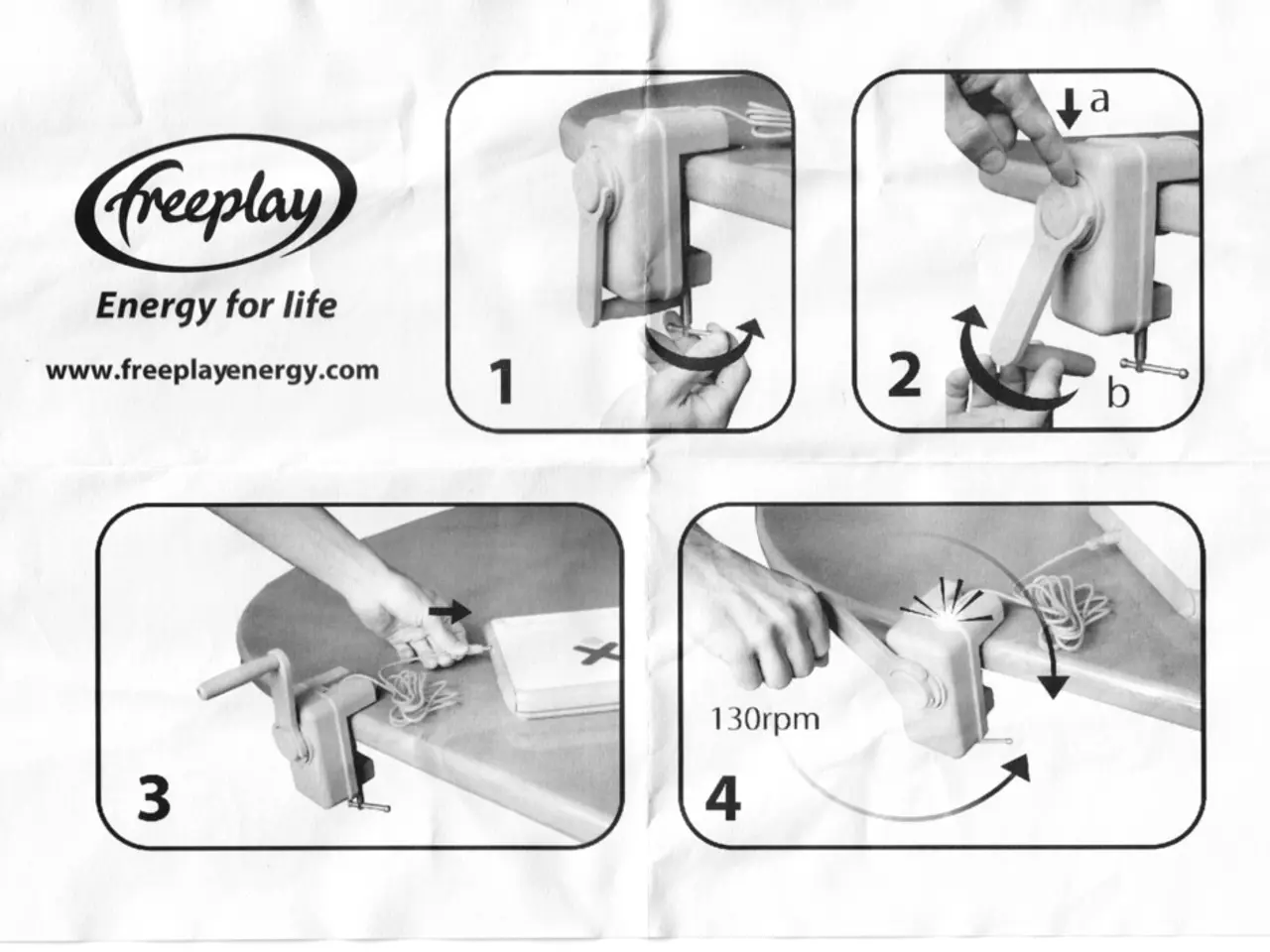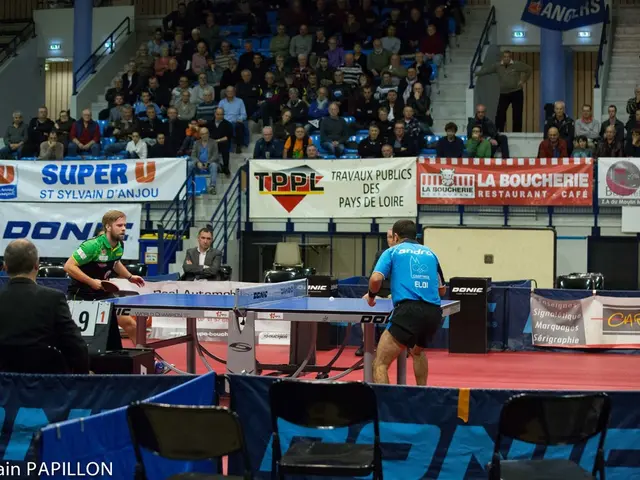Devices Intended for the Sightless: Tongue-Based Visual Perception for the Blind
The BrainPort V100, an innovative device developed by Wicab Inc., is set to revolutionize the lives of millions of visually impaired individuals. With the number of Americans registered as blind projected to surge from 1.2 million in 2010 to 4.1 million by 2050, this technology comes at a crucial time.
The BrainPort V100 has received approval from the Food and Drug Administration (FDA) for use by blind people. This groundbreaking device consists of a miniature camera mounted on sunglasses, a handheld controller, and a small "lollipop" electrode array that sits on the tongue.
After sufficient training, an impressive 69% of test subjects have been able to accurately identify objects using only the tactile sensations provided by the BrainPort. These sensations are gentle electrical pulses that users learn to interpret as shapes, movement, and position, effectively creating an entirely new sensory pathway for visual understanding.
The system addresses the social connection challenges faced by the visually impaired, as it allows users to detect facial expressions, body language, and environmental context during conversations. This is a significant advantage, as it complements traditional aids like white canes or guide dogs.
The BrainPort V100 has been tested by individuals with no usable vision, both congenitally blind and with acquired blindness. Users report feeling sensations similar to "sparkling water or vibrations" on their tongues.
Nonprofit organizations have established grant programs to help qualifying individuals access the BrainPort technology. The integrated rechargeable battery provides three hours of continuous use, making it a practical solution for daily life.
Looking towards the future, researchers are exploring similar approaches for hearing impairments and enhancing normal perception beyond typical human capabilities. Neuroscientists like Dr. Amir Amedi from the Hebrew University of Jerusalem are working on refinements for the BrainPort, such as increased resolution arrays, AI-enhanced processing, miniaturized components, extended battery life, and customizable settings.
Dr. David Eagleman, neuroscientist and author of "Livewired," notes that the BrainPort reveals how flexible and adaptable our brains truly are. This device operates on a principle of translating visual information into tactile sensation, demonstrating the potential for humans to routinely enhance their perception through sensory substitution or augmentation, experiencing aspects of the world currently beyond human perception.
In its current form, the BrainPort V100 resembles futuristic sunglasses connected to a small mouthpiece. As development continues, this technology promises to open up a world of possibilities for the visually impaired and potentially reshape our understanding of human perception.
While a fixed release date for commercial availability has not been announced, the BrainPort V100 is being marketed as a device with the potential to help millions of people, and its impact on the lives of the visually impaired is already being felt.








